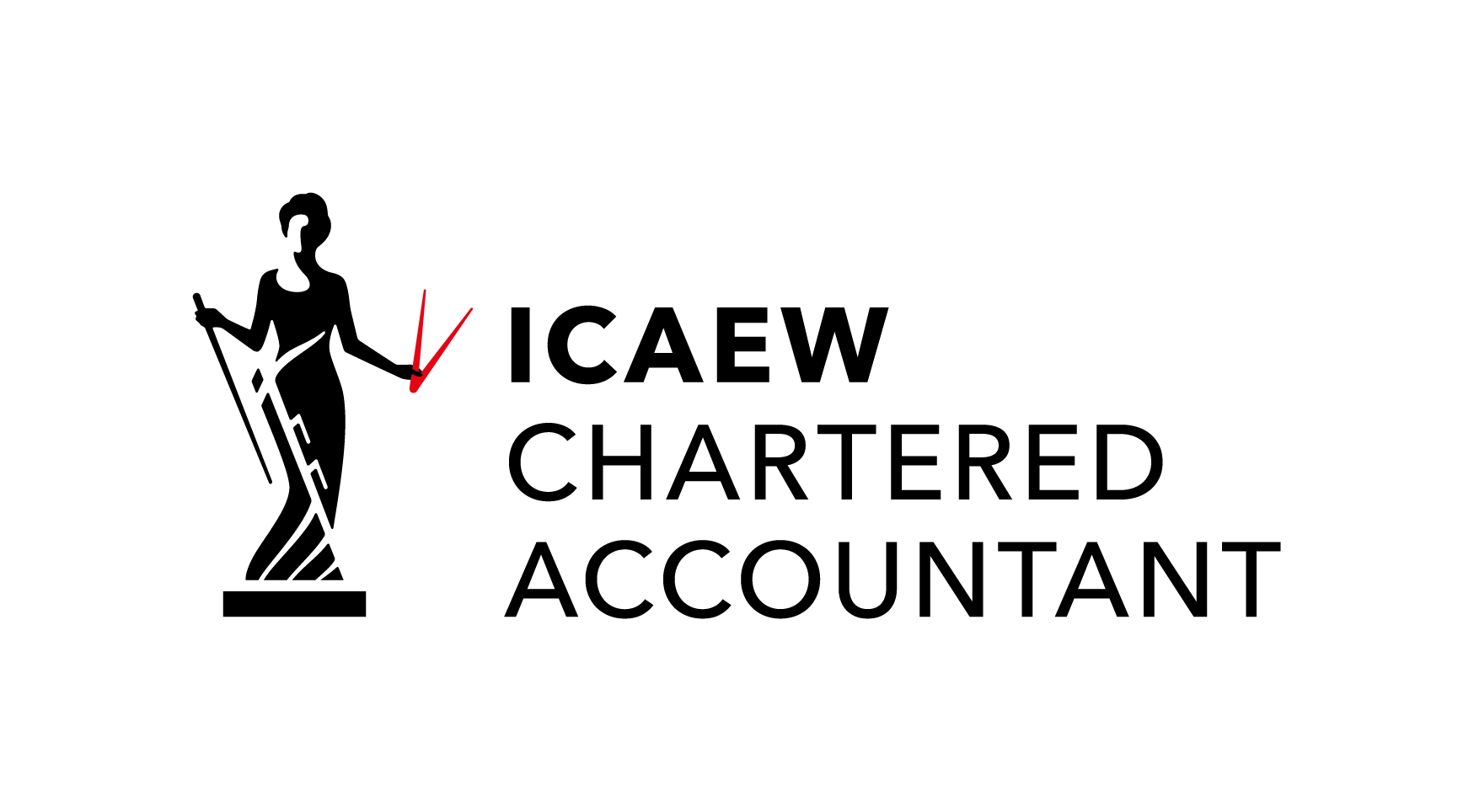Nepal’s export of high-value products increased by 4.85 percent in the first eight months of the current fiscal year due to a rise in the shipment of iron and steel products, cement, ginger, readymade garment and medicinal herbs.
According to the Department of Customs, export earnings from goods identified by the Nepal Trade Integration Strategy (NTIS) 2023 totalled Rs65.68 billion in the review period, out of Nepal’s Rs100.61 billion exports.
Nepal reviewed the NTIS basket in the current fiscal year, adding 20 products and services to the list.
According to Trade and Export Promotion Center statistics, the export of iron and steel jumped by 74.4 percent to Rs11.63 billion during the review period. Iron and steel comprised the highest share of the export at 11.57 percent.
Nepal’s cement export totalled Rs1.28 billion in the first eight months of the current fiscal year, up from Rs111.42 million in the same period last fiscal year.
The export of ginger sharply increased by 39.9 percent to Rs1.03 billion during the review period.
Readymade garment exports increased by 15.9 percent to Rs6.18 billion in the first eight months of the current fiscal year.
The export of medicinal herbs increased by 38.7 percent to Rs1.61 billion during the review period. The export of noodles, footwear, dog chew, lentils, vegetables, coffee and honey also increased during the review period.
Dog chew export increased by 2.8 percent to Rs1.98 billion in the first eight months of the current fiscal year.
Noodles and pasta exports rose by 10.1 percent to Rs1.33 billion during the review period. Similarly, footwear exports increased by 1.6 percent to Rs814.86 million.
Likewise, lentils export increased by 21.3 percent to Rs353.28 million.
Nepal exported vegetables worth Rs566.83 million, coffee worth Rs42.99 million and honey worth Rs27.87 million in the first eight months of the current fiscal year.
However, the export of yarns, woollen carpet, jute and its products, cardamom, felt, tea, pashmina, fabrics, rosin and resin acid, Nepali paper, gold and silver jewellery and textiles declined in the first eight months of the current fiscal year.
The export of yarns declined by 4.1 percent to Rs7.51 billion during the review period.
Woollen carpet export declined by 6.2 percent to Rs6.92 billion in the first eight months of the current fiscal year.
The export of jute and its products declined by 7 percent to Rs4.97 billion during the review period.
Cardamom export declined by 11.8 percent to Rs5.17 billion in the first eight months of the current fiscal year.
Similarly, felt product exports declined by Rs3.08 billion during the review period.
Tea exports also declined by 11.9 percent to Rs2.46 billion in the first eight months of the current fiscal year.
Pashmina export declined by 4.1 percent to Rs2.02 billion in the first eight months of the current fiscal year. The export of fabrics also fell by 2.7 percent to Rs1.66 billion in the first eight months of the current fiscal year.
Rosin and resin acid export sharply declined by 29.6 percent to Rs800.50 million during the review period.
The export of Nepali paper also shrunk by 2.4 percent to Rs742.54 million in the review period.
Export of silver jewellery declined by 15.1 percent to Rs113.01 million while gold jewellery fell by 75.2 percent to Rs27.27 million. The export of textiles declined by 38.70 percent to Rs3.31 billion during the review period.
Government officials said that in the context of the planned graduation of Nepal from the least developed countries (LDCs) category by 2026, it has launched schemes to boost exports.
According to the government estimates, it would require Rs463 billion of investment to implement the new trade integration strategy.
The major target of NTIS 2023 is to attain Nepal’s trade-to-GDP ratio of 55 percent by 2026 from 43.81 percent in 2021.
Gajendra Kumar Thakur, joint secretary of the Ministry of Industry, Commerce and Supplies, said that the ministry has allocated a budget amounting to Rs30.99 million for the current fiscal year for the implementation of NTIS 2023.
The Industry Ministry is a coordination unit and needs integrated support from the Finance Ministry, Agriculture, Nepal Bureau of Standards and Metrology, Forest Ministry and other relevant ministries and government bodies for the successful implementation of the new trade strategy, Thakur said.
“Most of our exportable goods are being returned from the border in the lack of labs. If labs are established at border points and international accreditation is obtained for them, this will boost exports further,” Thakur said. “It will also help in the quality test for goods imported from neighbouring and third countries,” he said.
Integrated initiatives are being taken to boost exports, he said.
The Industry Ministry has also formed the National Programme Implementation Unit under the chair of Industry Minister Damodar Bhandari.
Source: TheKathmanduPost


